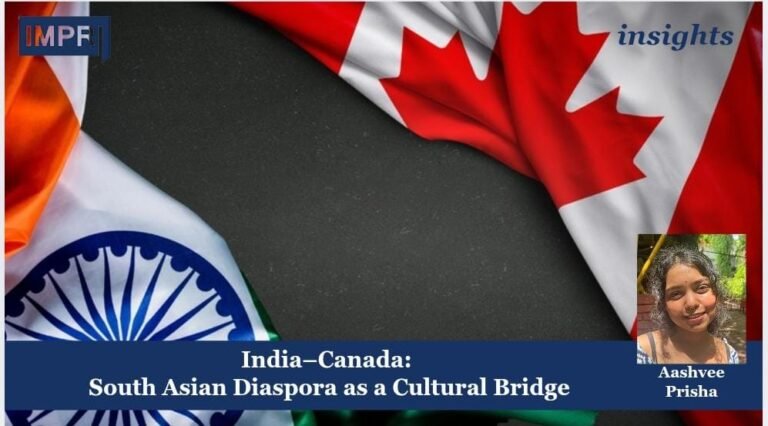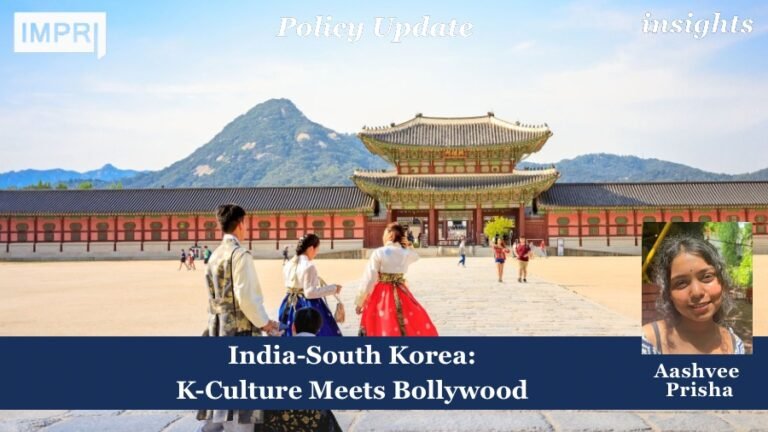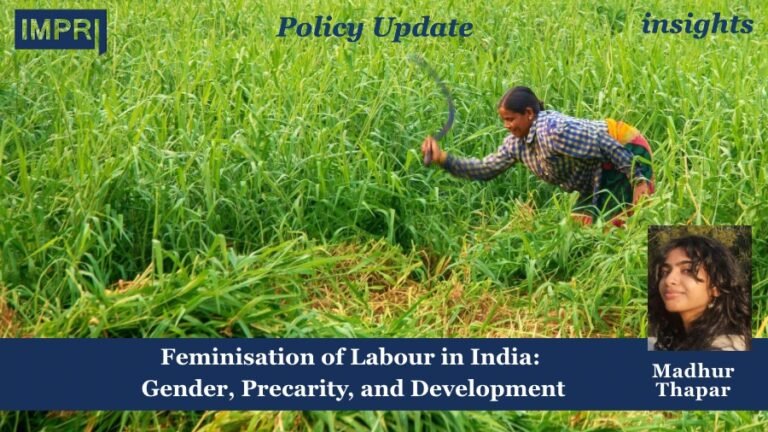Avantika Kansal
Current Political Instability
World is not unknown to the recent coup of Sheikh Hasina, the former Prime Minister of Bangladesh which took place on 5th of August 2024. Though it seemed sudden but seldom things which seem to be sudden are sudden. Sheikh Hasina had to flee due to the widespread protests that ended up escalating into a national crisis. These protests had started in the form of a student-led movement which demanded the abolition of a new government job quota system.
However, these protests intensified which also resulted in a lot of bloodshed. All this eventually led to protestors storming into Sheikh Hasina’s official residence in Dhaka which in turn prompted her to resign and flee the country. The Army took over in her absence and later an interim government was formed with Muhammad Yunus as the chief Adviser on 8th of August’ 2024.
However, there have always been speculations of China and Pakistan’s motives behind this recent coup. Sadly, this isn’t the only coup which Bangladesh has witnessed. In 1975, then President of Bangladesh, Sheikh Mujibur Rahman, who was also Sheikh Hasina’s father, was assassinated due to a military coup which was launched by a group of mid-ranking army officers on August 15th, 1975.
Current situation of Minorities in Bangladesh
Now let’s look at the status of Bangladeshi Minorities such as Hindus, Buddhists and Christians during current times. Hindus are the largest religious minority in Bangladesh, though their percentage has declined drastically from 22% in 1951 to approximately 8% now. Total minority population is considered to be around 9%. One of the major issues faced by minorities is their political representation, which is almost negligible in the current interim government.
Infact a recent incident which includes arrest of Monk Chinmoy Das is alarming and throws light on the national sentiments when it comes to the situation of Hindus and rest of minorities in the country. On this incident, India’s MEA also issued a statement where they called upon the interim government of Bangladesh to ‘ensure safety and security of Hindus and all minorities in Bangladesh’.
However, Bangladesh responded to MEA’s statement by saying that it has misrepresented the facts and was ‘contrary’ to the friendly ties between the two neighbours. Chinmoy Krishna Das is a Vaishnavite leader and also a one-time member of the international Society for Krishna Consciousness (ISKON) in Bangladesh. Mr Das is considered to have a considerable following in Bangladesh and regularly advocates for the rights of religious minorities and happened to garner major attention after the fall of Sheikh Hasina’s government.
After that, Mr. Das has said to have engaged in discussions and dialogue with various political parties in Bangladesh, including BNP (Bangladesh Nationalist Party) also, asking to maintain communal harmony in the country. In a press conference held after coup, he openly alleged the interim government to have failed to stop several attacks on Hindus in the country. His arrest was carried out in November’ 2024 and he was given bail after 6 months, in April’ 2025.
There are several other people belonging to minorities in Bangladesh, who have tried to voice up their opinions and work towards welfare of minorities but they hardly receive any support and in most of the situations, their voices are not heard. Also, the politics of majoritarianism is demonising the minorities, especially since the fall of Awami League as it used to put in efforts to try to safeguard the interest of minorities. As several reports and news portals reveal, there have been attacks on various temples and puja mandals during the recent Durga Puja celebrations.
Also, as per the Acting General Secretary of Bangladesh’s ‘Hindu Buddhist Christian Council’, Monindra Kumar Nath, almost more than 2000 incidents of attacks have taken place which includes murder, molestation and kidnapping against the minorities since Awami League’s Fall.
India’s stance on this entire situation
Since the ouster of Sheikh Hasina, India has constantly raised concern through several diplomatic channels. Infact, during one such high level talk in Dhaka, Vikram Misri, Indian Foreign Secretary focused on the need and requirement of protecting minorities and making sure that there is absolute safety and security for not just Hindus, but all minorities including all of their religious sites as well. External Affairs Minister, S Jaishankar has also reiterated this and engaged with his Bangladeshi counterparts from the current interim government to highlight and address these issues, where he specifically highlighted the need for Bangladesh to acknowledge this issue and take inspired action against the reported atrocities against Hindus.
India’s stance is clear- they are focused on the right kind of treatment of minorities in Bangladesh, characterised by a commitment to human rights and regional stability. However, as of May’ 2025, the situation still remains fluid, little better than what it was in 2024, with discussions still going on to find a better and constructive path forward.
Note: When this article is written- The current chief Adviser of Bangladesh’s Interim government, Mohmmad Yunus is considering his resignation due to his government’s failure to control Islamist radicals and violent student protests as well as failure to protect the minorities in Bangladesh.
References
- https://www.deccanherald.com/opinion/the-minorities-in-bangladesh-and-our-hypocrisy-3323659#google_vignette
- https://www.mea.gov.in/rajya-sabha.htm?dtl/38818/QUESTION+NO+2783+CONDITION+OF+MINORITIES+IN+BANGLADESH
- https://www.mea.gov.in/rajya-sabha.htm?dtl/38818/QUESTION+NO+2783+CONDITION+OF+MINORITIES+IN+BANGLADESH
- https://www.deccanherald.com/opinion/the-minorities-in-bangladesh-and-our-hypocrisy-3323659
- https://www.newsonair.gov.in/pm-modi-expresses-concern-over-safety-security-of-minorities-in-bangladesh
- https://www.thehindu.com/news/international/the-arrest-of-hindu-monk-chinmoy-das-in-bangladesh-explained/article68913583.ece
- https://www.ndtv.com/world-news/hindu-monk-chinmoy-krishna-das-gets-bail-from-bangladesh-high-court-in-sedition-case-news-agency-ani-8294773
About the contributor: Avantika Kansal is a fellow at DFPGYF Diplomacy, Foreign Policy & Geopolitics Youth Fellow at IMPRI and has a strong foundation in media and communication, she has built a diverse career as a political journalist and anchor
Disclaimer: All views expressed in the article belong solely to the author and not necessarily to the organisation.
Read more at IMPRI:
Turkey–India ties: Deteriorating for all the wrong reasons
Operation Sindoor: Marking a Strategic Turn and a Doctrinal Breakthrough
Acknowledgment: This article was posted by Bhaktiba Jadeja, visiting researcher and assistant editor at IMPRI.



